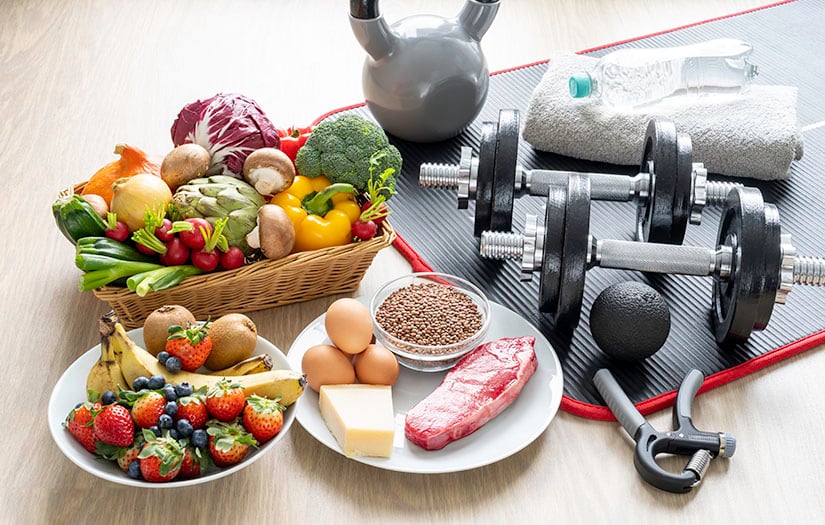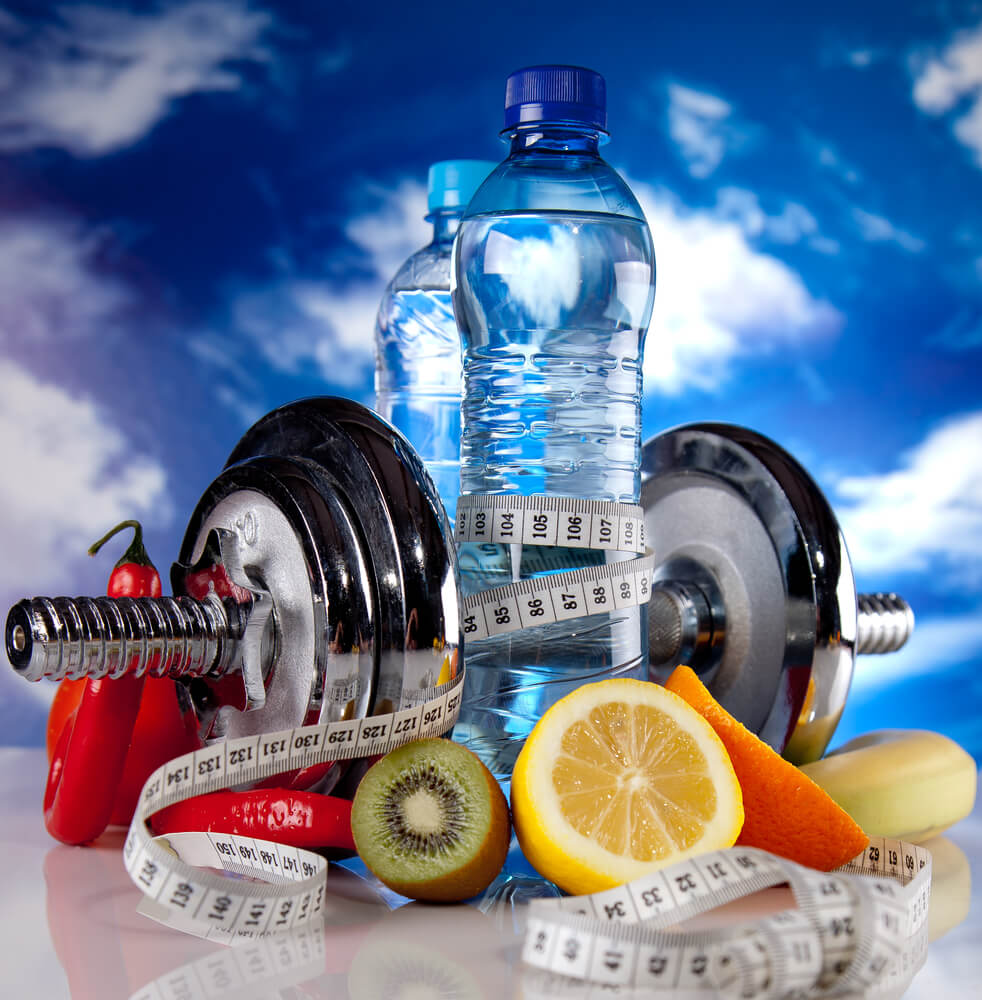Nutrition can make or break a sportsman or woman, discuss. (20 marks). This reminds me of debates at school the famous ones being ‘daddy is better than mummy‘ or ‘water is better than fire’ and we would have proposers on one side and opposers on the other. These debates made us more confident and taught us how to have healthy competition and need I say the command of English it groomed? Yes, the topics got better as we advanced in class but the excitement and competitiveness it carried never grew thin. But this is not why I am here. We are here for sports.
We shall delve into the role nutrition plays in the life of sports given the fact that many out there are gym enthusiasts or even sportsmen and women but struggle to support their bodies through these intense activities. Years ago, I got the privilege to lodge at one of these expensive hotels in our country for 5 nights, the kind that comes with all-inclusive packages so residents have the privilege of enjoying every facility that the hotel has, gym inclusive. At this time of my life, I did not engage in any kind of active physical activity but because the “cheese” was on the table, I decided why not. Donned in my provisional gym wear, I matched to the gym and did all kinds of sets. I had so much energy for some reason and went through many of the activities. Friend if I tell you by the end of the day I could not feel my legs and my whole body was sore you will not believe me. I wanted to stay in bed and do everything there yet I had to show up for work. For the remaining 3 days that I was there, everything was a drag and everything ached. Why? Your guess is as good as mine, I did not prepare my body for this strenuous exercise. Both pre-workout and post-workout and I paid the price.

Nutrition is essential for supporting an athlete’s general health and training needs. Having a suitable diet provides a person with enough energy and nutrients to meet the demands of training and exercise. In addition to helping a person perform optimally, it facilitates recovery. (Had I paid attention to this, I would not have suffered as I did). Nutrition and hydration are key for performance in any sports activity. Just like you put petrol in your car, having the right fuel is key. You wouldn’t put diesel in your petrol car lest it jams, likewise your body needs fuel to move, and the right one at that. Staying hydrated reduces the risk of injury and muscle fatigue which is key in sports performance.
Nutrition in sports hinges on three main principles although these may look different for everyone depending on their goal. The principles include;
- Fueling – giving the body food that enhances stamina, strength and clarity.
- Hydration – preventing dehydration and fatigue, whilst optimizing muscle performance.
- Recovery – aiding the recovery of the body after exercise
An average gym goer will have needs very different from the Cheptegeis of this world. Just to give an example, for the average gym goer, the aim could be to have at least two liters of fluid per day. You will be advised to have a high carbohydrate snack an hour or so before the session especially if you haven’t eaten for over three hours. After the workout, you will be advised to have a full meal (usually lunch or dinner) within two hours, containing a mix of carbohydrates and protein to help the body recover. The carbohydrate will restock spent energy stores and the protein will help repair damaged muscle fibers. Your meal composition could look somewhere like 50% carbs, 30% fat, and 20% protein. Not forgetting fruits and vegetables.
An elite marathon runner, will need to eat more calories in general, as they will be training more often and potentially at a higher intensity. They need to have a higher carbohydrate intake to increase carbohydrate stores to have more available energy. More fluids are required to avoid muscle fatigue and increased injury risk, as they risk losing more fluids through sweat. Recovery strategies during the post-workout are even more important for marathon runners, as they usually have less time between sessions, meaning less time to recover. They are advised to have a carbohydrate/protein-rich snack within 30 minutes of finishing a training session, such as a banana with a protein shake. The composition of their diet may look somewhere like 65% carbs, 20% fat, and 15% protein. Not forgetting fruits and vegetables.

Everyone has different fitness levels, diets, goals, and activities and one size doesn’t fit all. It is advisable to have an interaction with a sports nutritionist with whom you work to discuss your goals and current status and devise a tailored nutrition plan to maximize your performance.
Whether your goal is training for a specific event or more general enhancements such as weight management, improving concentration, or energy levels, a sports nutritionist will assess your whole-body health, daily habits, supplements, and regular medication needs to get you at your highest potential.
Do kindly share some of the strategies you employ or those embracing stories like the one I shared earlier.
See you next Wednesday

Thank you for this helpful information. I can’t count the number of times I paid monthly gym membership only to quit after one or two visits…
As a mom if two sports teens, this has given me pointers on where to encourage them.
Beautiful, I wish those young ones the very best. Thank you for reading